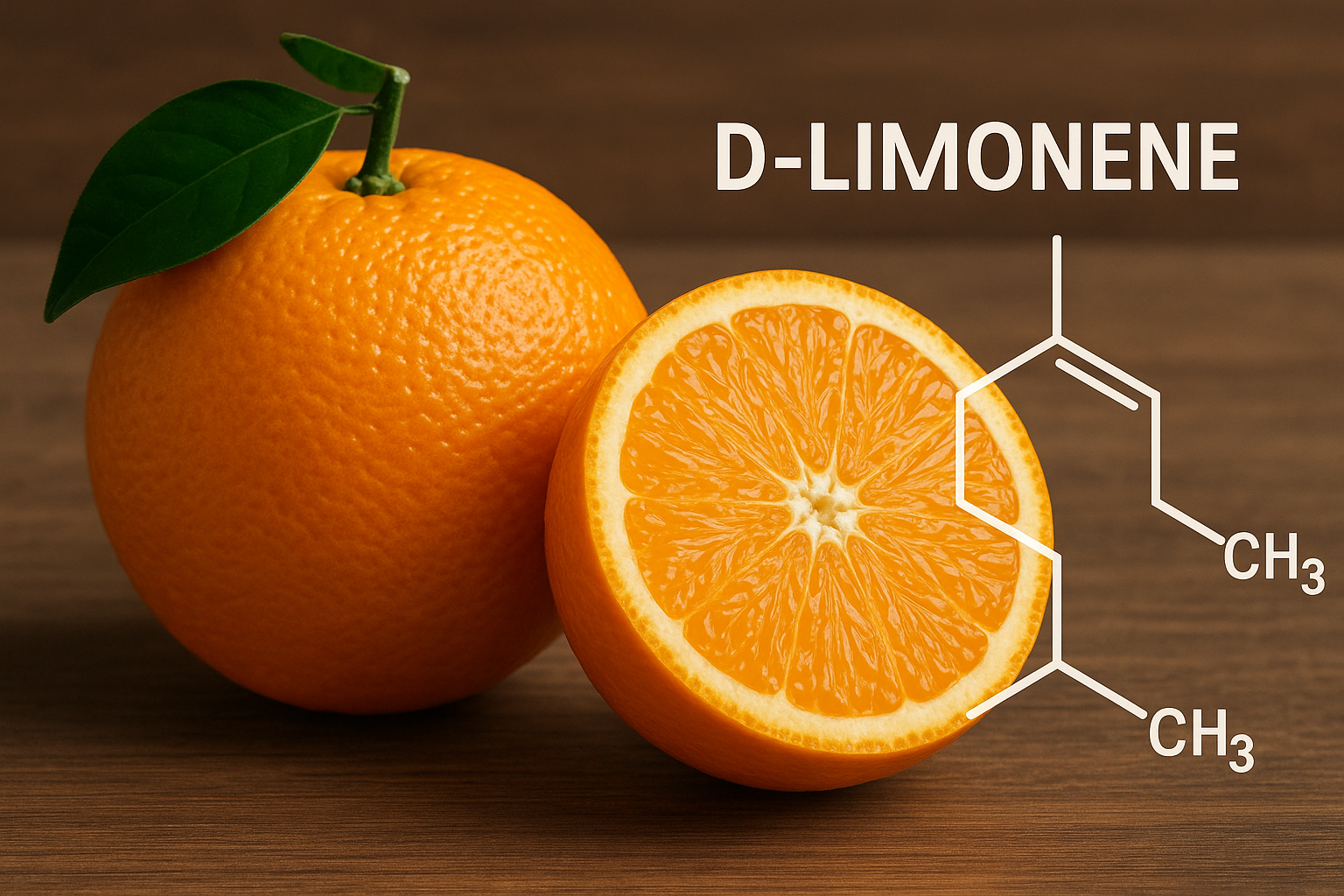
The oral care and F&F industry now faces a challenging future because of the D-Limonene shortage. This natural plant-derived compound, which mostly belongs to citrus peels, plays a central role in oral care products as well as fragrances, and serves as a critical manufacturing element for L-carvone, which sees growing use throughout food, cosmetic, perfumery, and pharmaceutical industries.
The citrus agricultural sector fosters the manufacturing of D-Limonene as this compound originates from the essential oils of oranges, lemons, and limes. The recent effects of Hurricane Milton destroyed Florida’s citrus groves that supply the United States with more than one-third of its citrus crop. The natural disaster resulted in a 40% decrease in citrus yield and losses reaching beyond $2 billion in damages, which negatively affected industries that used citrus derivatives. The larger issue arose in Brazil due to the greening of the orange crop. This harmful disease has been spreading rapidly, having a drastic effect on not just orange oil and its derivatives but also orange juice.
The chemical compound L-Carvone obtains value through its antifungal properties, anti-inflammatory effects, and aromatic characteristics. Production levels of L-Carvone from natural sources cannot satisfy the commercial market requirements. The manufacturing process to create most L-carvone relies exclusively on D-limonene, so the latter functions as the principal supply constraint.
Since D-Limonene production fell behind the demand, the availability of L-Carvone products became scarce, together with an increase in retail prices. Manufacturers from the oral care industry, alongside flavor and fragrance producers, now face limited supply chains paired with increased chemical prices. Brazil and USA manufacturers continue to develop capacity and research initiatives, but the temporary solution remains doubtful.
Numerous companies attempt to replace D-Limonene-based products with synthetic or mixtures but the distinctive characteristics of this substance typically prevent it from being substituted.
The D-limonene supply disruption exposes how dependent supply chains are on agricultural inputs while demonstrating the significance of building sustainable supply ecosystems. Jindal Drugs tackles supply chain stability through sustainable practice